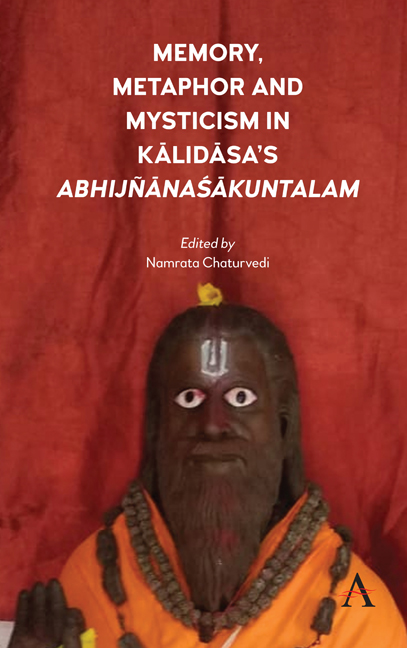Chapter 8 - ‘Not a Tale, but a Lesson’: Persian Translations ofKālīdāsa’s AbhijñānaŚākuntalam
Published online by Cambridge University Press: 23 February 2022
Summary
Translating classical Indian texts into Persian was amajor literary preoccupation at the Mughal court,the best examples being the massive and influentialprojects associated with the emperor Akbar (r.1556–1605) and the prince Dara Shikoh (1615–1659).Most of the translations done in the early modernperiod were of Sanskrit texts that were thepatrimony of the Hindus. These works in translationplayed a part in the furtherance of the imperialagenda and the building of a corpus of technicalknowledge. The results of the ongoing Perso-Indicaproject based in Paris(http://www.perso-indica.net/) have revealed thewide range and number of these translations.However, it was not until the modern period thatworks of a belles-lettres nature (kāvya) began to betranslated into Persian out of purely aestheticconsiderations. Most of these are Sanskrit worksand, given the fact that Persian translations ofmodern Indian literary works are negligible innumber, it is remarkable that they were done at all.A major factor in these modern translations ofclassical works is that, as the scholar of religionCarl Ernst explains, in Iran ‘there remains a keeninterest in Indian religion and thought, partiallyprompted by a sense of the proximity of ancientIndian and Iranian cultures’. Although the choice oftranslating Kālidāsa's play AbhijñānaŚākuntalam into modernPersian is not surprising in itself given the work'scanonical status in Sanskrit literature, what isindeed worthy of note is that four translations ofthe work were published in the twentieth centurywithin a decade or two of each other.
The appropriate literary medium to render a romanticplay was an obvious consideration for thetranslators since the drama form is entirely absentin the classical Persian tradition and was importedalong with the Western novel and the short story.Even more than the literary form, findingequivalencies for the cultural component of the playwas another challenge the translators would havefaced. We see that none of the four translators –two Indians, one Iranian and one Afghan – chose toor were able to render the Sanskrit play intoPersian keeping the diverse linguistic registers andmixture of prose and poetry.
- Type
- Chapter
- Information
- Memory, Metaphor and Mysticism in Kalidasas AbhijñnaŚkuntalam , pp. 155 - 168Publisher: Anthem PressPrint publication year: 2020



